%20(20).png)
1. SAP is pushing boundaries with generative AI and business automation. How is SEA positioned to adopt and scale these technologies under your leadership?
SAP's vision is to improve people's lives and help the world run better. Yet most people don’t realize the impact that an enterprise software company like SAP has on our everyday lives. Software solutions that support resource planning, supply chain optimization, and human capital management may on the surface sound a little dry, but the scale and impact of what we do often surprises people. We are the backbone of the business operations for 98 out of 100 top companies in the world, and for many smaller companies as well (approximately 80% of our customers are SMEs).
84 percent of global commerce is generated by SAP customers. The world’s ten largest coffee brands use SAP software to get that cup of coffee on your desk to you. 9 out of 10 of the world’s largest hotel groups run on SAP software.
Banks, fashion retailers, watchmakers, Formula 1 race teams – all running smoothly supported by SAP.
The rise of AI makes our work even more important. As massive volumes of data continue to fuel innovations like machine learning and predictive analytics, SAP is investing in these capabilities to help organizations across Southeast Asia stay agile and competitive.
By embedding Business AI within our software suite – from supply chain optimization to human capital management – we empower businesses to make faster, more reliable decisions, reduce waste, and create transformative customer experiences.
Southeast Asia is one of the most exciting regions in the world right now when it comes to digital transformation and AI adoption. Today, 43% of Asian employees are using Gen AI for work. Across SAP, 34,000 customers already use our Business AI offering and here in Southeast Asia we have some of the highest AI adoption across SAP globally, with many of our customers actively utilizing our AI capabilities within their organizations.
My role, as the new President and Managing Director of SAP Southeast Asia, is to help organizations in this region realize their business ambitions, supported by the full power of SAP applications, data and AI. Tailoring our tools to their unique business challenges, and ultimately helping them to grow their business and become more efficient, resilient, and sustainable.
2. What’s your vision for embedding AI into SAP’s cloud offerings—especially in business-critical areas like finance, supply chain, and customer experience?
Our vision is clear: AI should help people do their jobs better, not add more complexity. So instead of being a separate tool, we are embedding AI directly into the workflows our customers already use.
Take finance, for instance. Instead of processing invoices or reconciling reports manually, AI can point out anomalies, suggest actions, or even automate recurring manual tasks. In supply chain, AI can anticipate disruptions and help teams respond before issues escalate and in customer experience, AI helps personalise interactions at scale, so businesses can serve millions with the care of a one-on-one conversation.
Joule, our AI copilot, is grounded in a company’s business data and its collaborative AI agents work to support every business function, solving complex challenges and driving productivity. It understands context while working in natural language, and helps people get to insights without toggling between different interfaces. This is the kind of AI we believe in: relevant, reliable, and responsible.
Last month, at our annual flagship conference SAP Sapphire, we announced even more advanced capabilities and integration of Joule across work environments. Instead of passively waiting for prompts, we’ve updated Joule to behave more like a proactive assistant that can learn from your behaviour and autonomously perform your tasks before you need to ask.
3. What industries in SEA (like banking, manufacturing, retail) are leading in digital transformation with SAP?
Every organization is unique, and so are the challenges and opportunities that exist for them when it comes to digital transformation. A real strength of SAP is that we have expertise across 26 industries.
Take, for example, the industries of Manufacturing and financial services. In manufacturing, we are seeing innovation in areas like predictive maintenance and intelligent production planning. Singaporean precision plastics manufacturer Sunningdale Tech, for instance, is exploring how it can use SAP Business AI to better identify manufacturing defects, thereby reducing waste and improving production quality. The company is also looking at AI to better predict sales and demand, so it can optimise the use of machines and equipment.
In financial services, the pressure to be agile and compliant has accelerated digital transformation – not just in product development or lines of business, but also in corporate functions. Bank Danamon, one of Indonesia’s leading banks with over 8,000 employees, has been using SAP Business AI to enhance its human capital operations, improving employee engagement, talent management, and more.
Retail and consumer sectors are also gaining momentum. With the rise of e-commerce and omnichannel experiences, businesses like BIG Caring Group are turning to us for solutions that connect demand forecasting, inventory, and customer engagement into one system. What is exciting is that this innovation is not just limited to large corporates; we are seeing regional brands leading with digital-first strategies.
4. You’ve just been appointed as President and Managing Director for SAP Southeast Asia What are your immediate priorities as the new President and Managing Director for SAP Southeast Asia?
First and foremost, my focus is on staying close to our customers to understand their challenges and aspirations. Only then can we figure out how we can help them transform at scale, deliver sustainable growth, and lead with confidence into the future. In today’s environment, companies are navigating rapid change. Geopolitical shifts which potentially lead to supply chain uncertainty, and rising sustainability demands are two major examples. We want to be their strategic partner that helps them stay ahead.
That means driving AI and cloud adoption in a way that is practical and aligned with their business goals. We are also doubling down on support for SMEs, which make up the backbone of Southeast Asia’s economy. Many of them are digitally ready but they need the right tools and partners to take the next step of growth.
Internally, I am focused on building a high-performing, diverse team that reflects the energy and cultural richness of this region. Talent is key; we need people who can think globally but act locally, who understand the nuances of each market and can bring the best of SAP to our customers.
5. How does SAP plan to support both large enterprises and SMEs in achieving sustainable digital growth?
We take a very customer-centric approach. Large enterprises and SMEs have different needs with the same goals - they both need technology that is easy to use and scales with their growth.
For SMEs, the focus is on simplicity and cost-effectiveness: getting them up and running quickly with preconfigured solutions that address their top priorities such as cash flow, compliance, inventory, and customer management. Our GROW with SAP solutions are designed specifically to meet these challenges with a suite of integrated tools and expert guidance and support, including Business AI that’s embedded and easy to use from day one.
Large enterprises seek intelligence and resilience. These organisations operate across borders and need to manage risk, sustainability, and innovation all at once. Our AI-powered cloud solutions give them visibility and agility, from finance to supply chain operations.
What ties it all together is our ecosystem of partners and the ability to localise. Whether an organisation is in Jakarta, Bangkok, or Manila, our goal is to help every customer move towards growth with confidence.
6. With AI adoption accelerating in SEA, what safeguards or ethical considerations is SAP focusing on to ensure responsible innovation?
AI is moving fast, and that brings both opportunities and responsibilities. At SAP, we believe the only way to move forward is by building trust into every step of the innovation process. That means we do not treat ethics as an afterthought; it is something we incorporate from the ground up.
For years, we’ve been working with leading ethics experts as part of SAP's AI Ethics Advisory Panel to explore the implications of deploying AI in the enterprise. We were also one of the first companies to define guiding principles for using AI in our software in 2018 and continue to be a leader in responsible AI. SAP Business AI abides by the highest industry standards on responsible AI, and the AI in our applications is transparent so customers understand how it makes inferences, builds recommendations and respects the privacy of sensitive data.
We follow a clear and practical set of principles: transparency, fairness, data protection, and human oversight. They are part of how we design and test our AI technologies, and how we deliver them to customers. For example, our internal governance includes cross-functional teams and advisory panels that actively review how AI is being used across SAP solutions.
One of our key beliefs is that AI should always support human decision-making instead of replacing it. That is the reason why we focus on building systems that are understandable and explainable so people can trust and take ownership of the outcomes.
In Southeast Asia, the picture is nuanced. Different countries are moving at different speeds when it comes to regulation, so we take a proactive approach. We work closely with governments, universities, and industry partners to support the development of responsible policies.
Contact Mr. Liher Urbizu






.png)


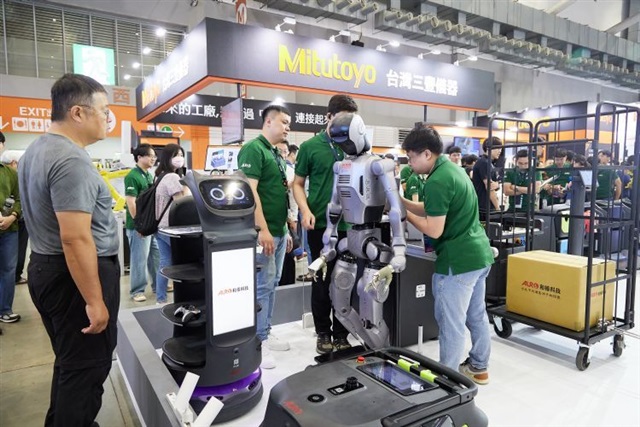

.jpg)
.png)



.png)



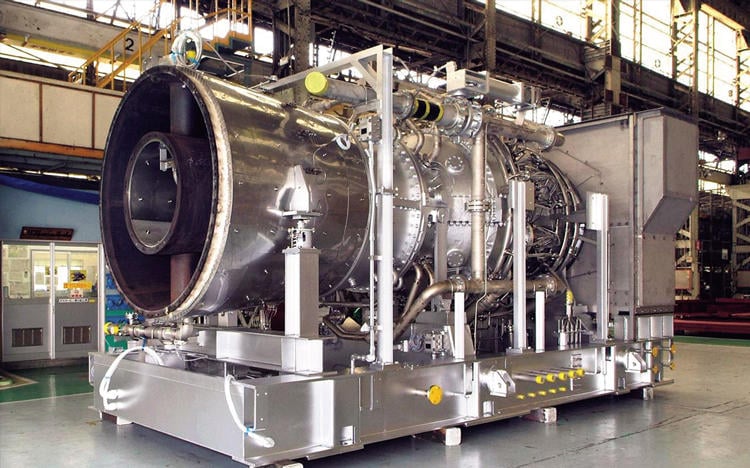
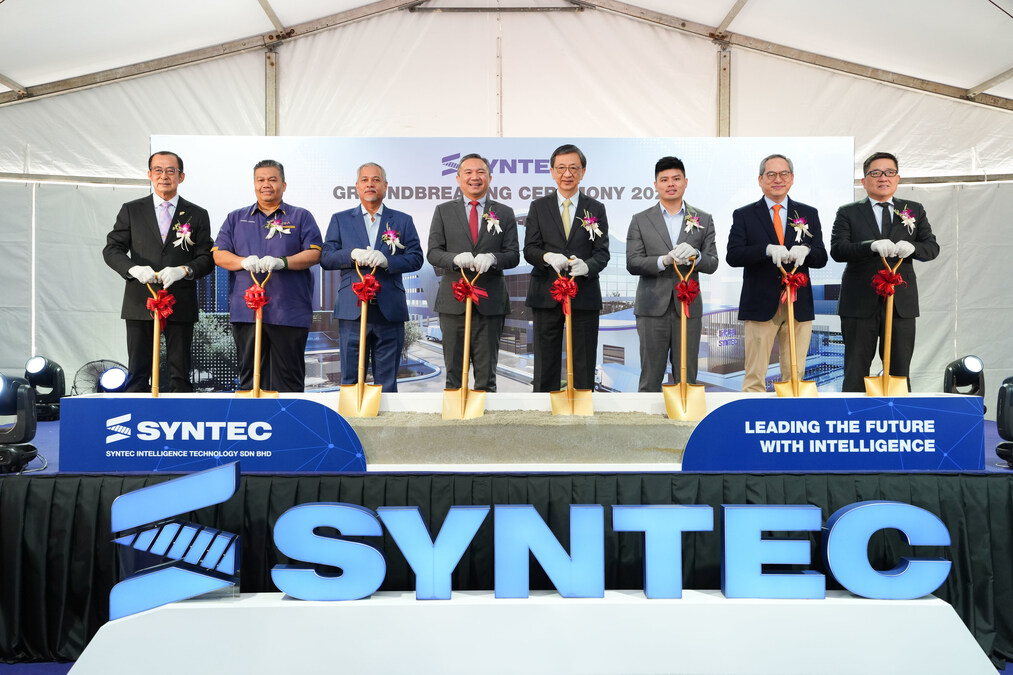
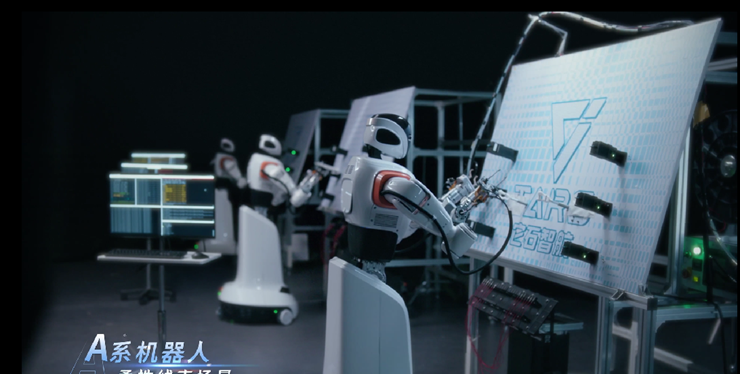


.jpg)

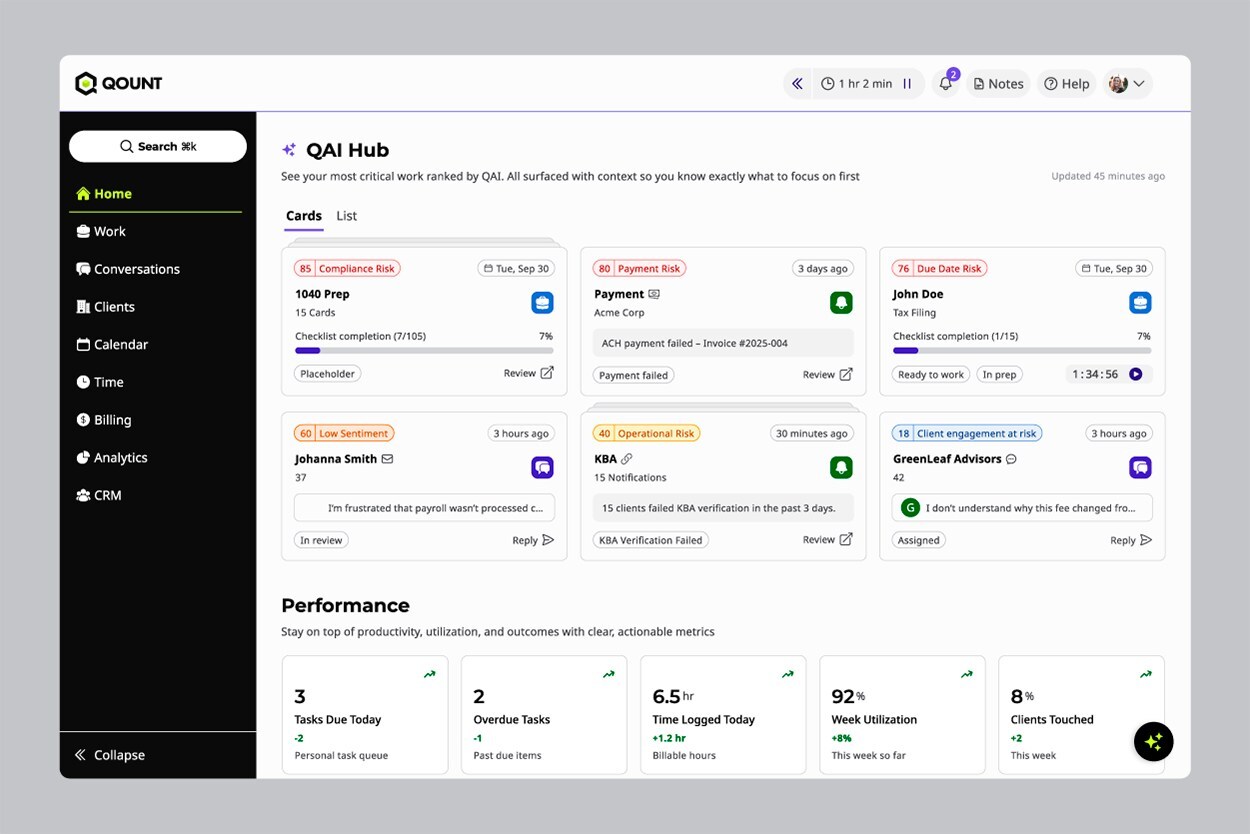
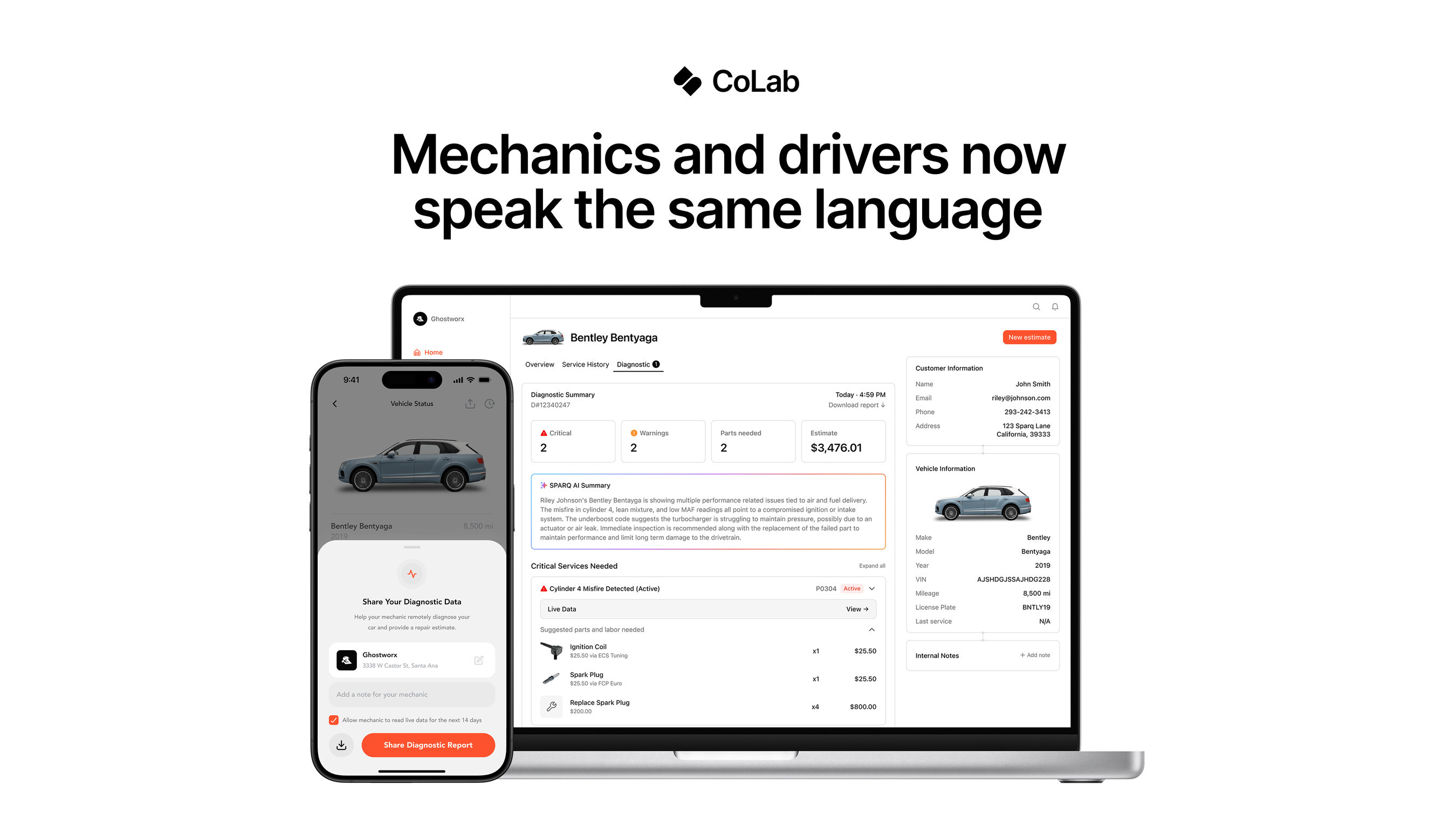


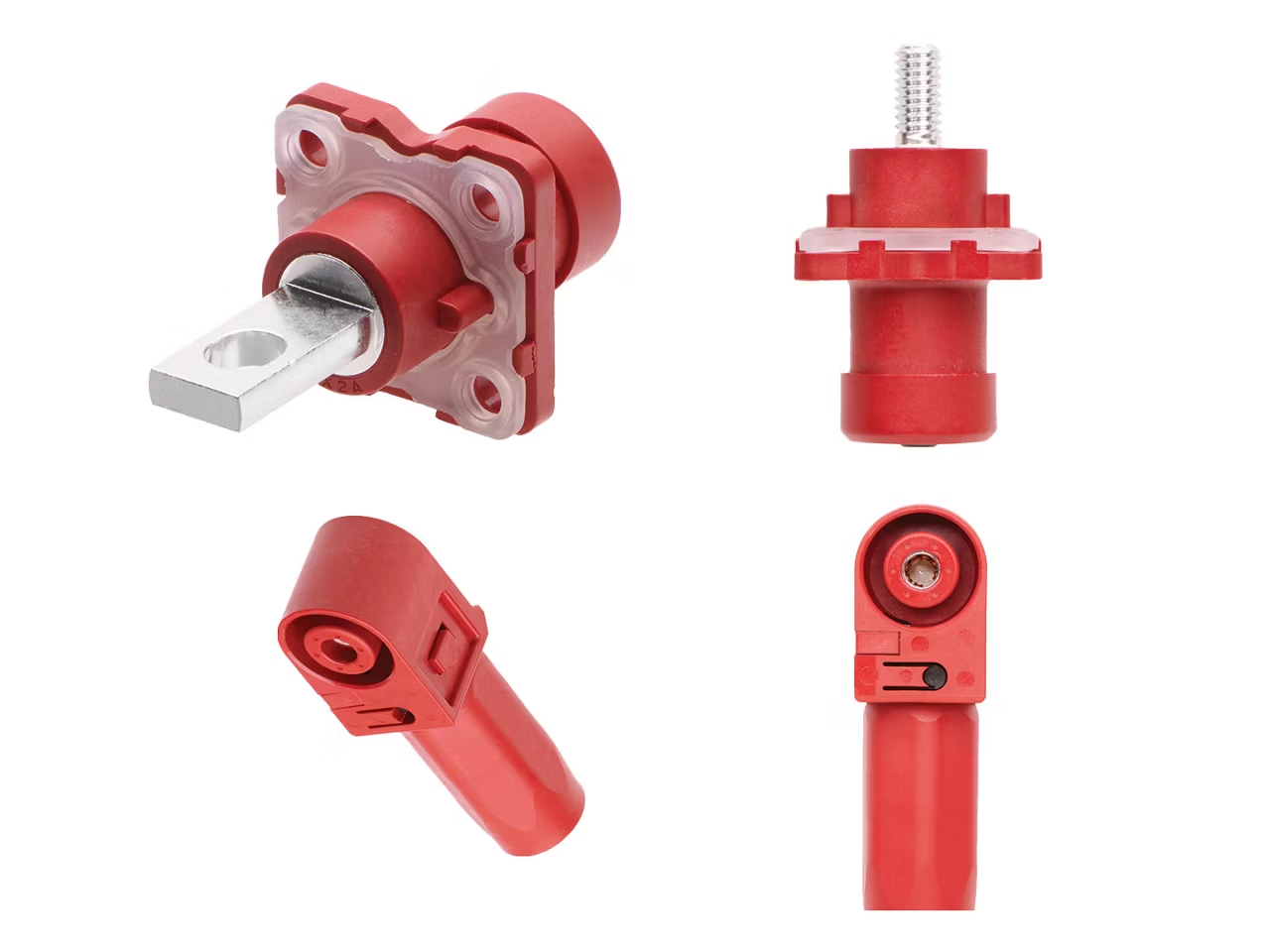
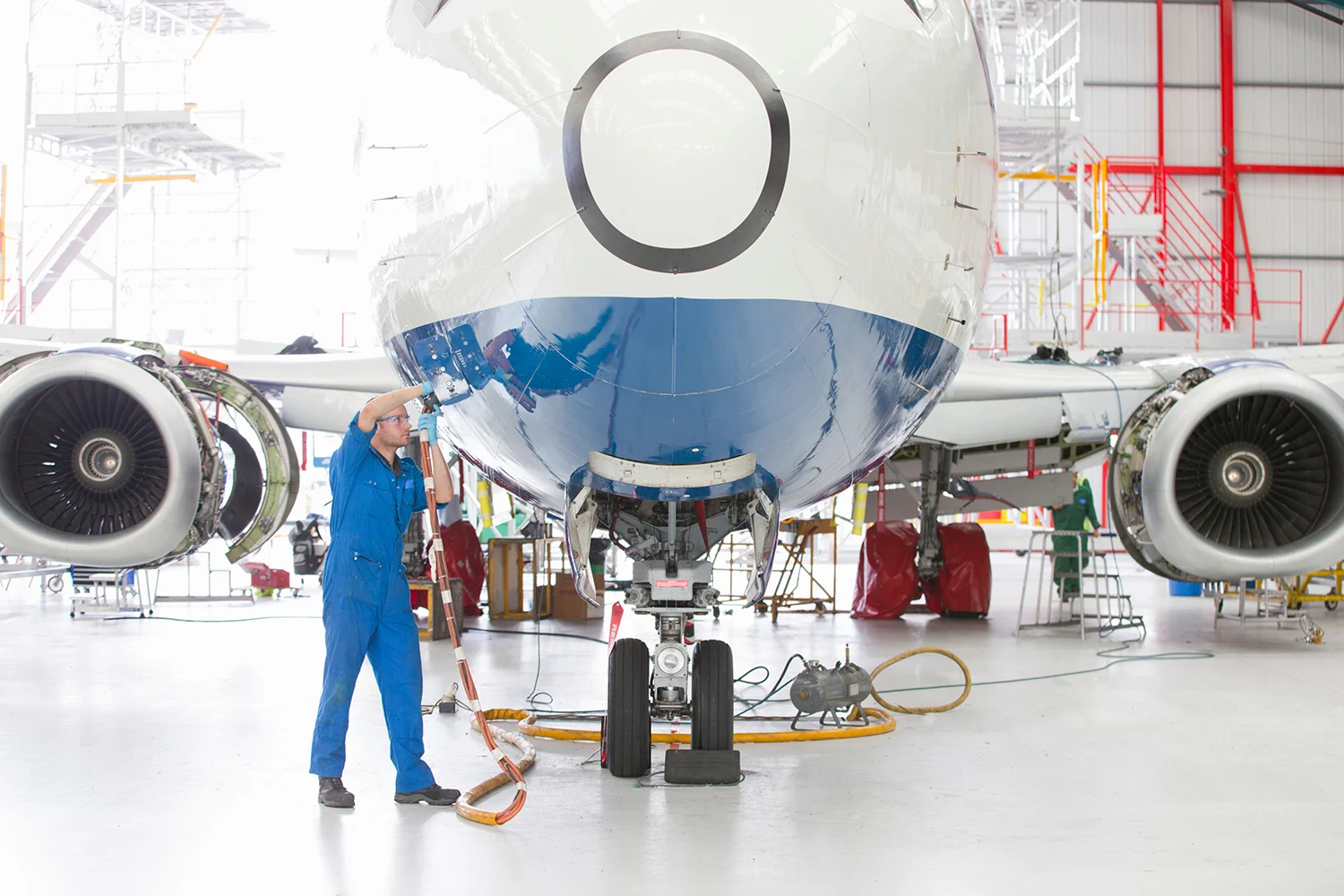


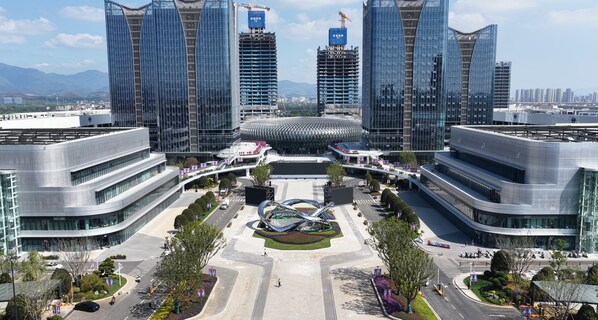
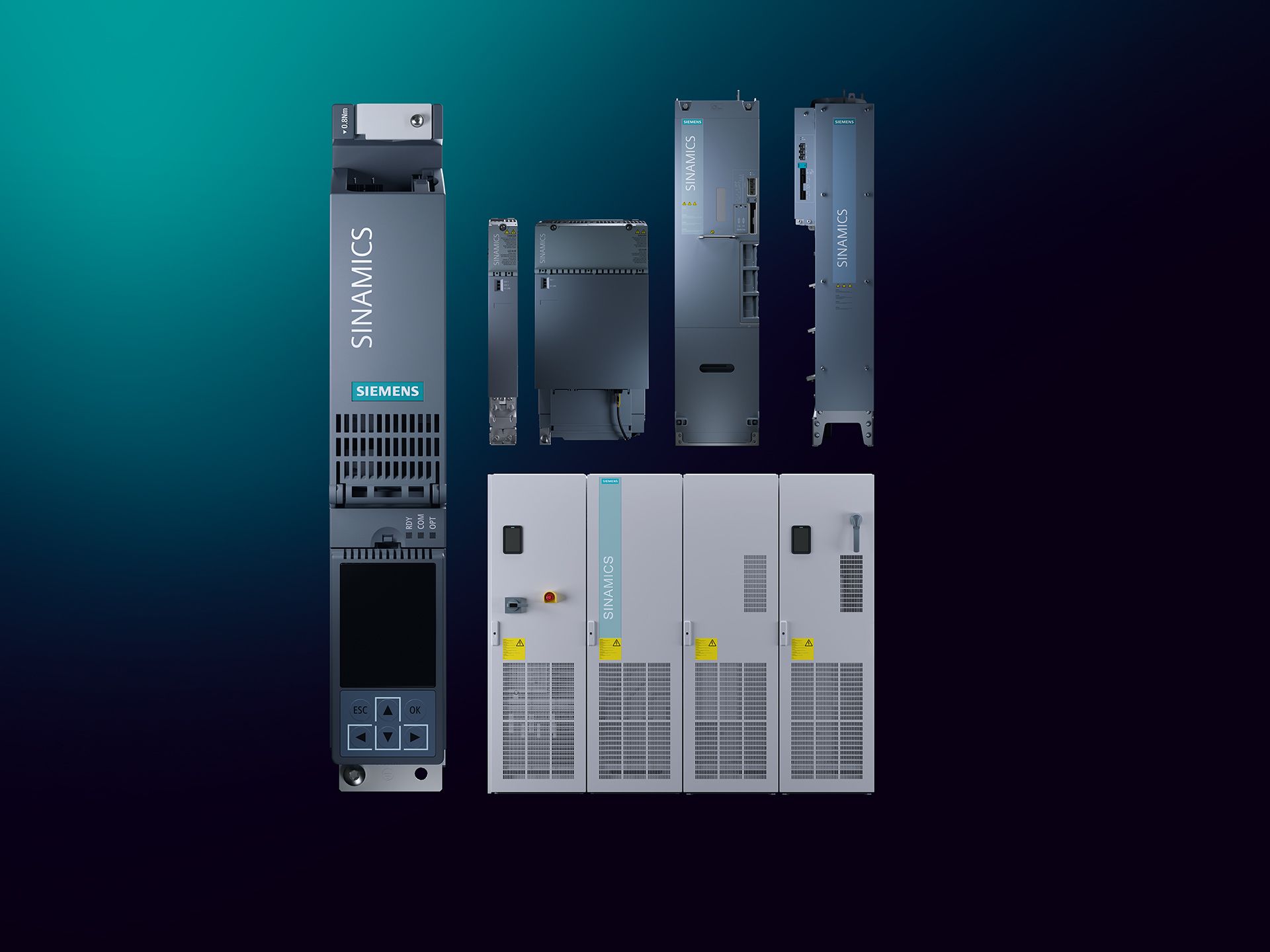
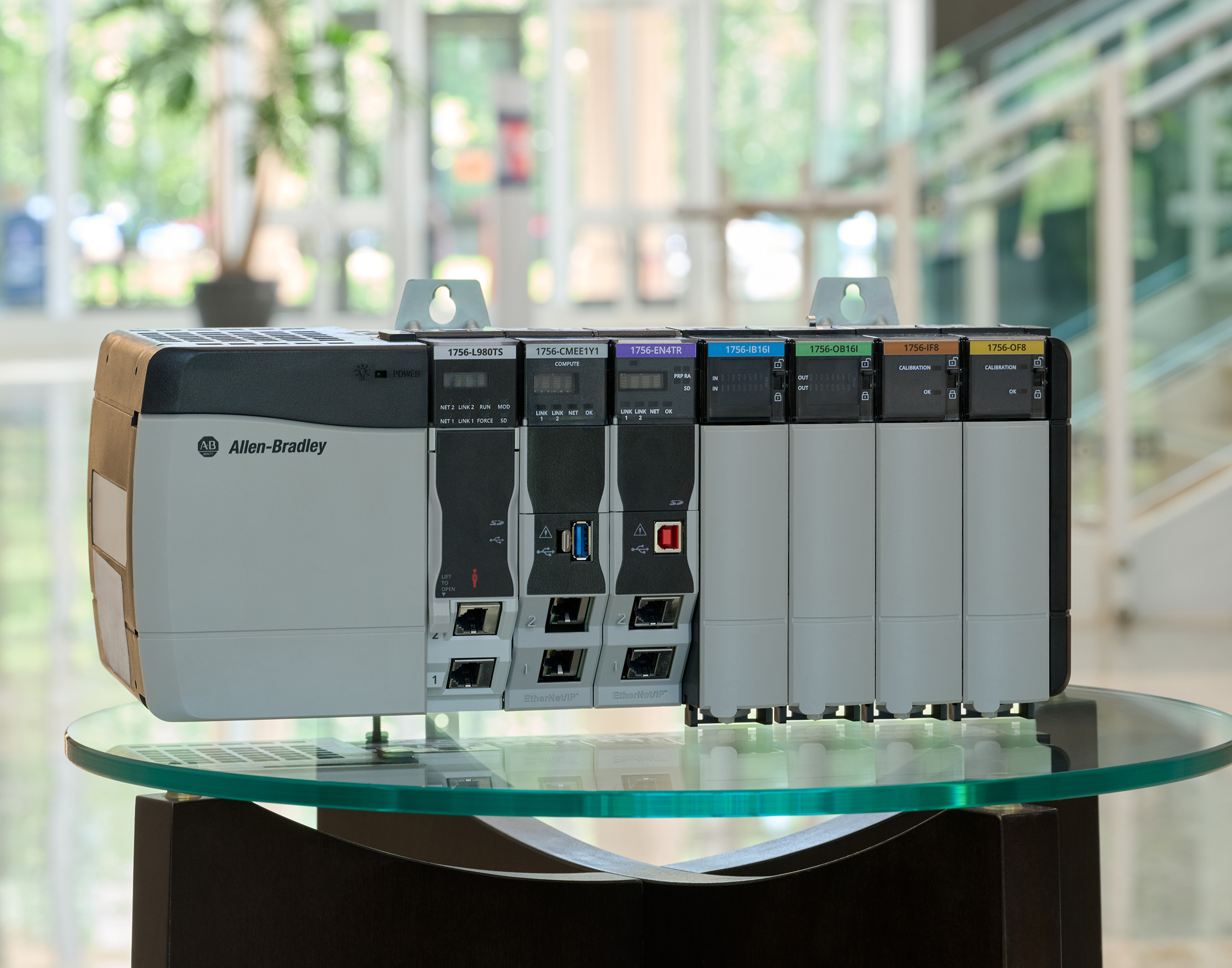

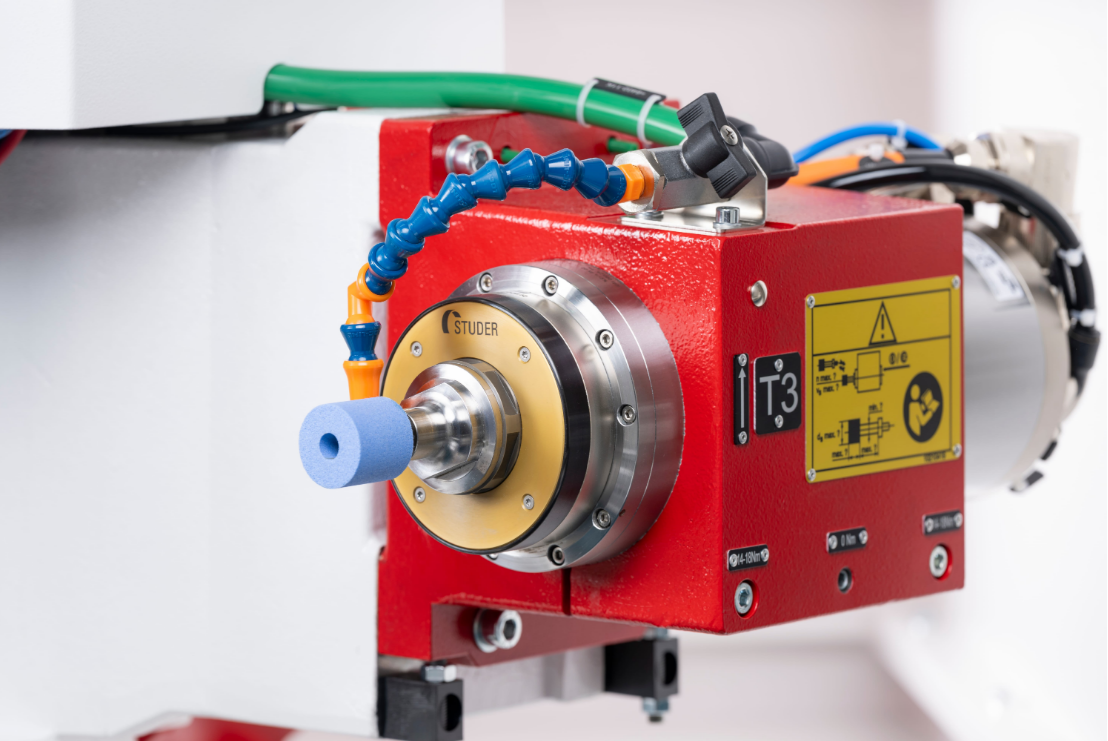


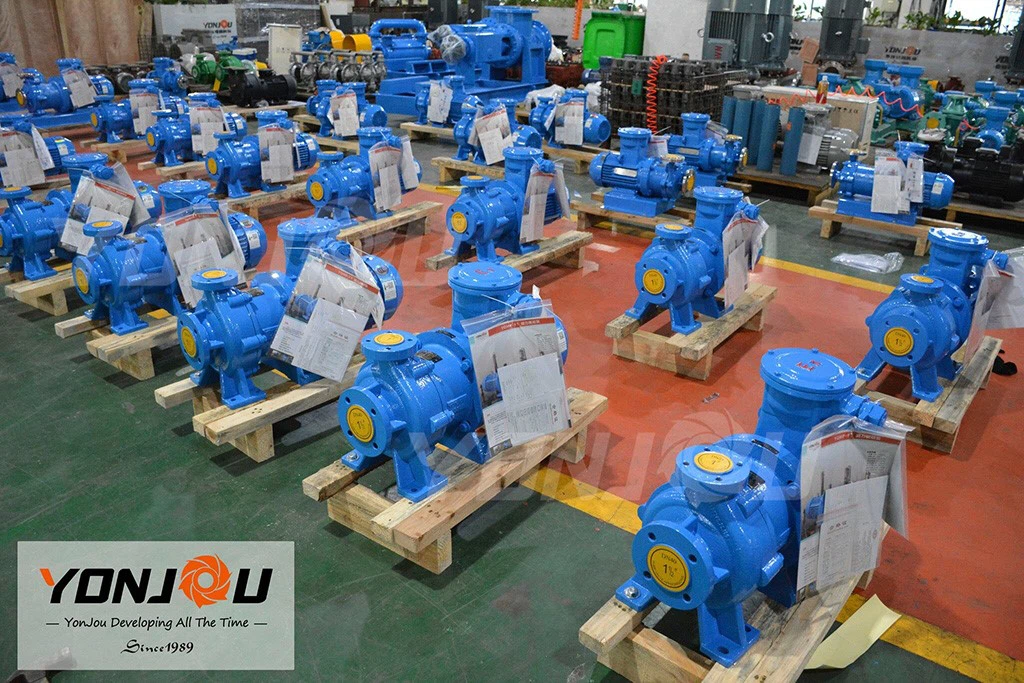


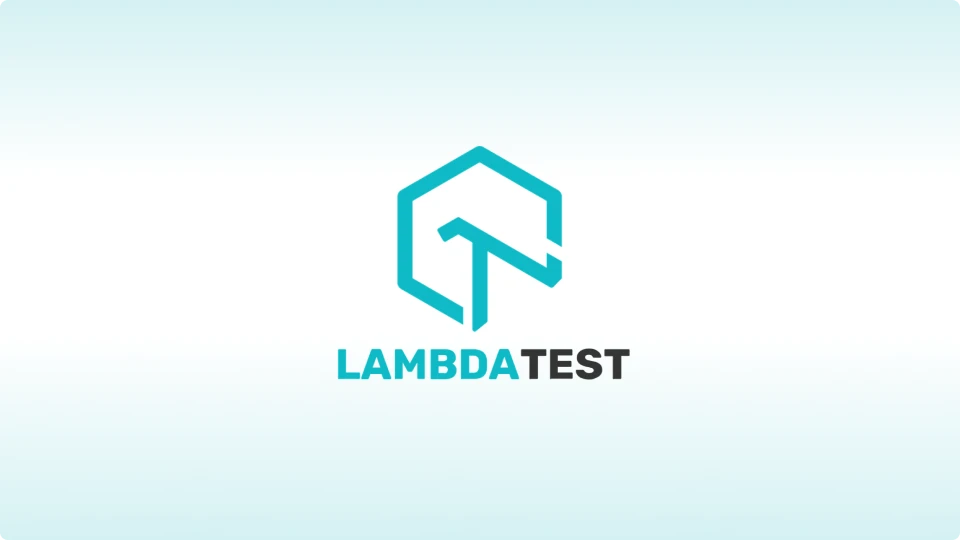

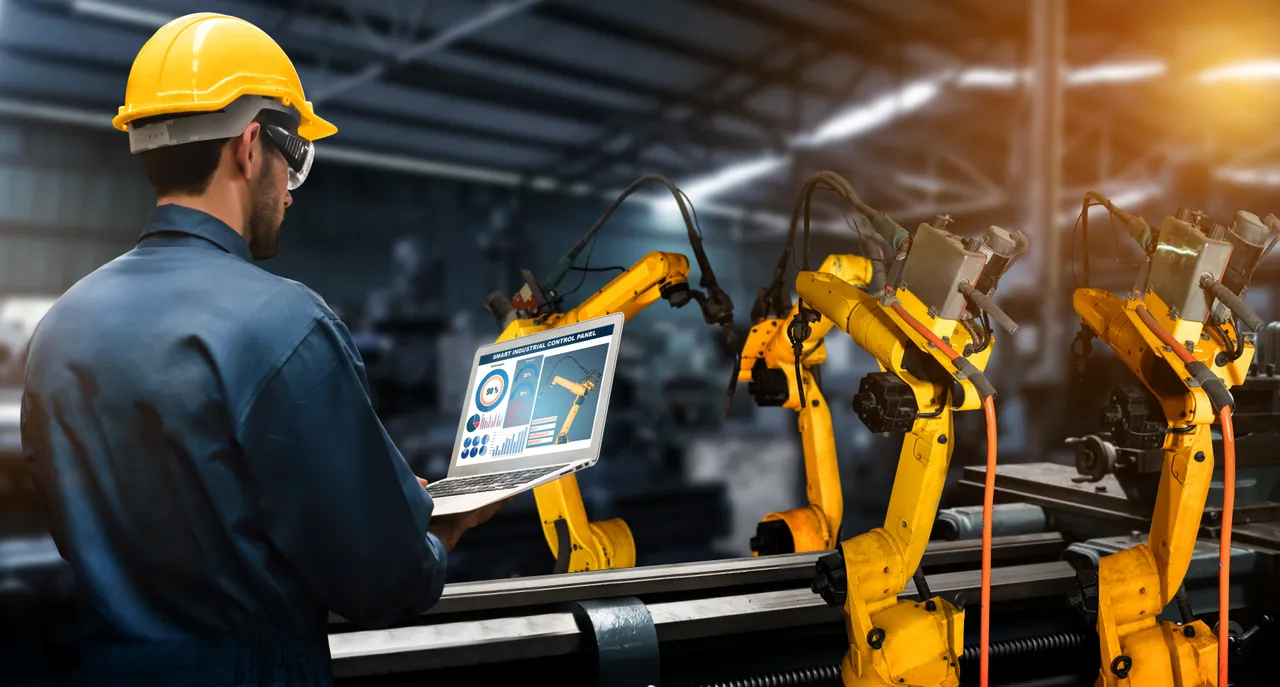
.png)
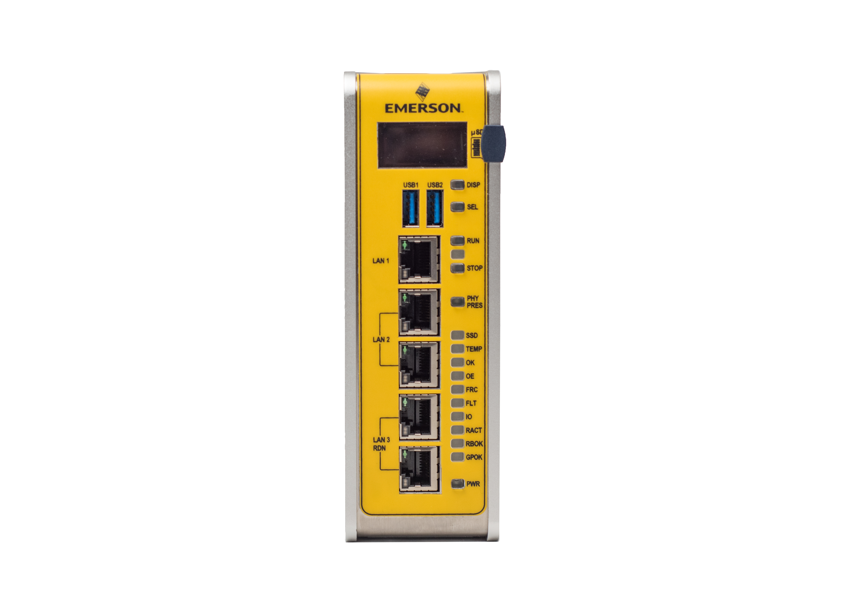

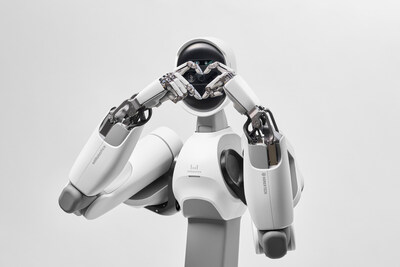
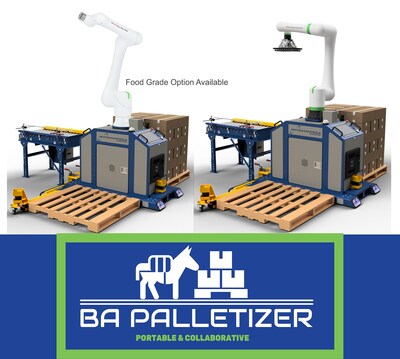

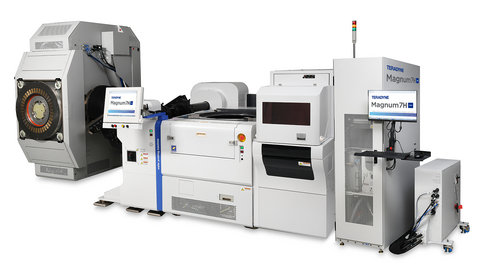

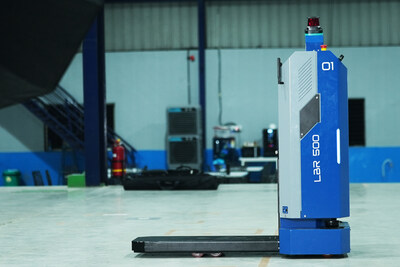



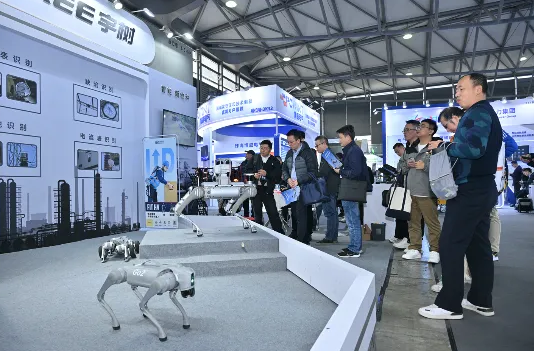
.png)





























.png)











.png)









